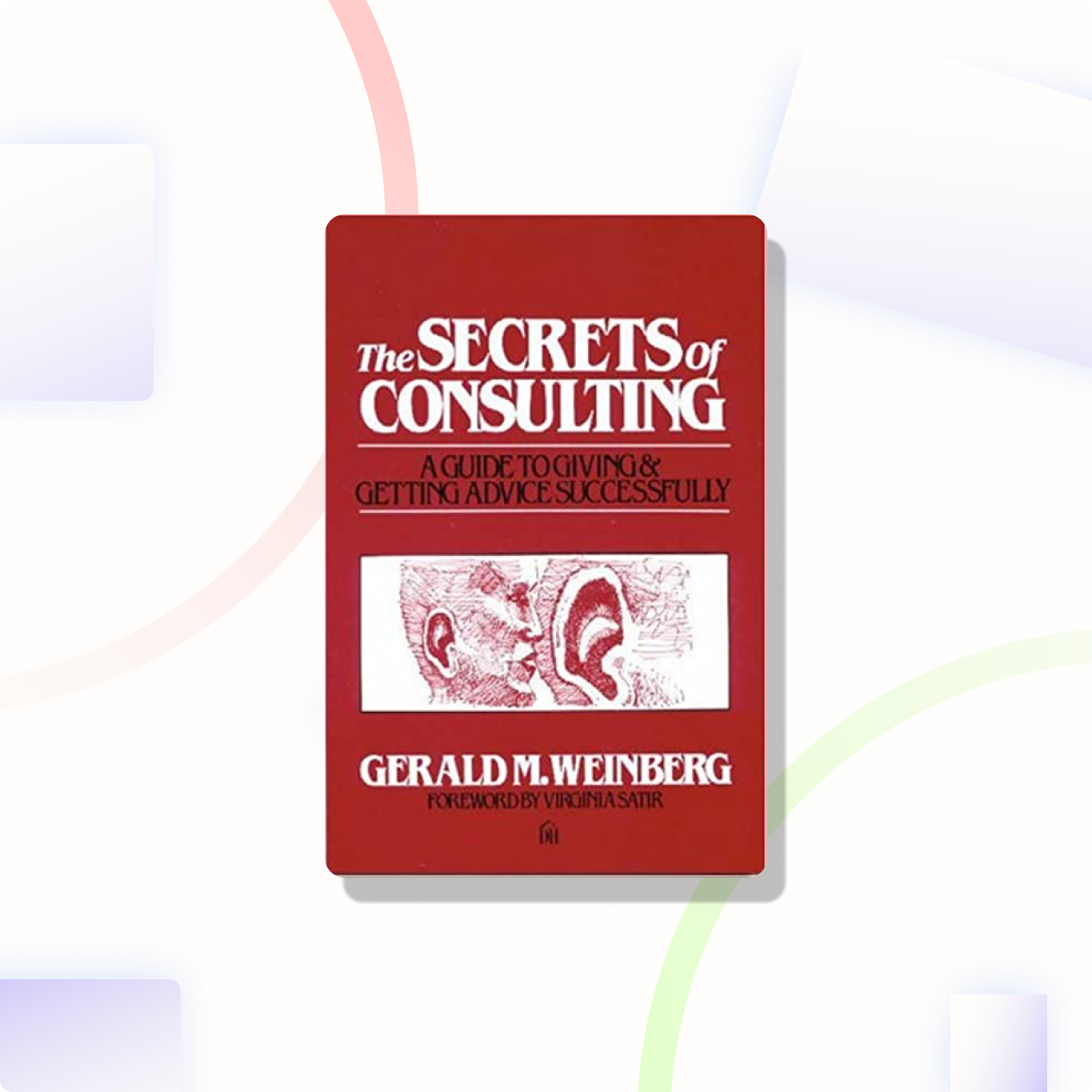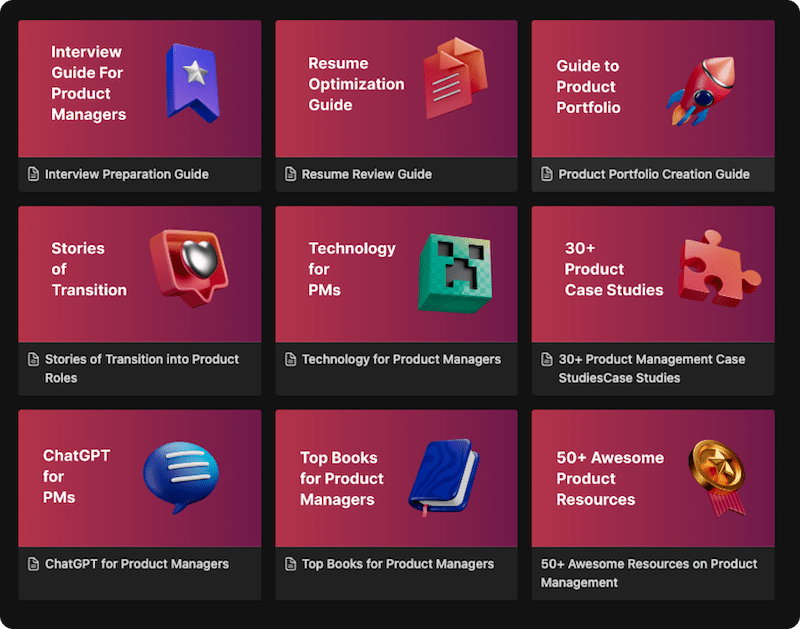Book Summary of The Secrets of Consulting by Gerald Weinberg
About The Book
“The Secrets of Consulting” by Gerald Weinberg is a renowned book that provides valuable guidance and insights into the field of consulting. Drawing from his extensive experience, Weinberg shares practical advice, principles, and anecdotes that are applicable to both new and experienced consultants. The book covers various aspects of the consulting profession, including client relationships, effective communication, problem-solving, and navigating complex organizational dynamics. It serves as a comprehensive resource for those looking to excel in the consulting industry and offers valuable insights into the mindset and strategies of successful consultants.
Important Lessons
- Client Relationships: Building strong relationships with clients is crucial for successful consulting. Establish trust, actively listen, and understand their needs to effectively deliver value.
- Effective Communication: Clear and concise communication is essential for conveying ideas, recommendations, and feedback to clients and stakeholders. Develop strong verbal and written communication skills.
- Problem-Solving: Approach problem-solving with a systematic and structured mindset. Analyze issues, identify root causes, and develop practical and innovative solutions for clients.
- Managing Resistance: Anticipate and address resistance to change from clients or within organizations. Understand the underlying concerns and effectively communicate the benefits and rationale for proposed changes.
- Continuous Learning: Embrace a mindset of continuous learning and professional development. Stay updated with industry trends, expand your knowledge, and acquire new skills to remain valuable as a consultant.
- Ethics and Integrity: Maintain high ethical standards in your consulting practice. Act with integrity, honesty, and transparency in all interactions and decision-making processes.
- Navigating Organizational Dynamics: Understand the complexities and dynamics within client organizations. Identify key stakeholders, build alliances, and navigate organizational politics to achieve desired outcomes.
Mistakes to Avoid
- Lack of Client Focus: Failing to understand and prioritize the needs and goals of clients can lead to ineffective consulting. Always align your efforts with client objectives.
- Poor Communication: Ineffective communication can hinder understanding and create misunderstandings. Avoid jargon, actively listen, and tailor your communication to suit different stakeholders.
- Neglecting Relationships: Underestimating the importance of building and nurturing client relationships can limit the success of your consulting engagements. Invest time and effort in fostering strong connections.
- Ignoring Resistance to Change: Disregarding or mishandling resistance to change can hinder progress. Acknowledge concerns, address them effectively, and communicate the benefits of proposed changes.
- Stagnation and Complacency: Failing to adapt, learn, and grow as a consultant can lead to stagnation. Embrace a mindset of continuous learning and seek opportunities for professional development.
- Ethical Lapses: Maintaining ethical conduct is paramount in consulting. Avoid compromising integrity, transparency, and confidentiality in your client interactions and decision-making processes.
- Ineffective Stakeholder Management: Overlooking key stakeholders and failing to navigate organizational politics can impede progress. Identify and engage relevant stakeholders to foster support for your recommendations.
Essential Action Steps
- Build Strong Client Relationships: Focus on understanding client needs, establishing trust, and actively communicate to build strong relationships.
- Enhance Communication Skills: Develop clear and concise verbal and written communication skills to effectively convey ideas, recommendations, and feedback.
- Adopt Problem-Solving Frameworks: Implement structured problem-solving frameworks to analyze issues, identify root causes, and develop practical solutions for clients.
- Address Resistance Proactively: Anticipate and address resistance to change by understanding concerns, communicating benefits, and involving key stakeholders in the process.
- Invest in Continuous Learning: Continuously expand your knowledge and skills through industry research, training programs, and networking to stay ahead in the consulting field.
- Uphold Ethical Standards: Adhere to high ethical standards in your consulting practice, prioritizing integrity, honesty, and transparency in all interactions.
- Master Organizational Dynamics: Understand the organizational landscape, identify key stakeholders, build alliances, and navigate politics to drive successful consulting engagements.
The conclusion from the Book
“The Secrets of Consulting” by Gerald Weinberg provides invaluable insights and practical advice for consultants at all levels of experience. By emphasizing client relationships, effective communication, problem-solving, continuous learning, ethics, and navigating organizational dynamics, Weinberg equips consultants with the knowledge and strategies needed to excel in the field. By avoiding common mistakes and implementing the essential action steps, consultants can enhance their effectiveness, deliver exceptional value to clients, and achieve long-term success in their consulting careers.

 WATCH HELLOPM COHORT IN ACTION
WATCH HELLOPM COHORT IN ACTION


